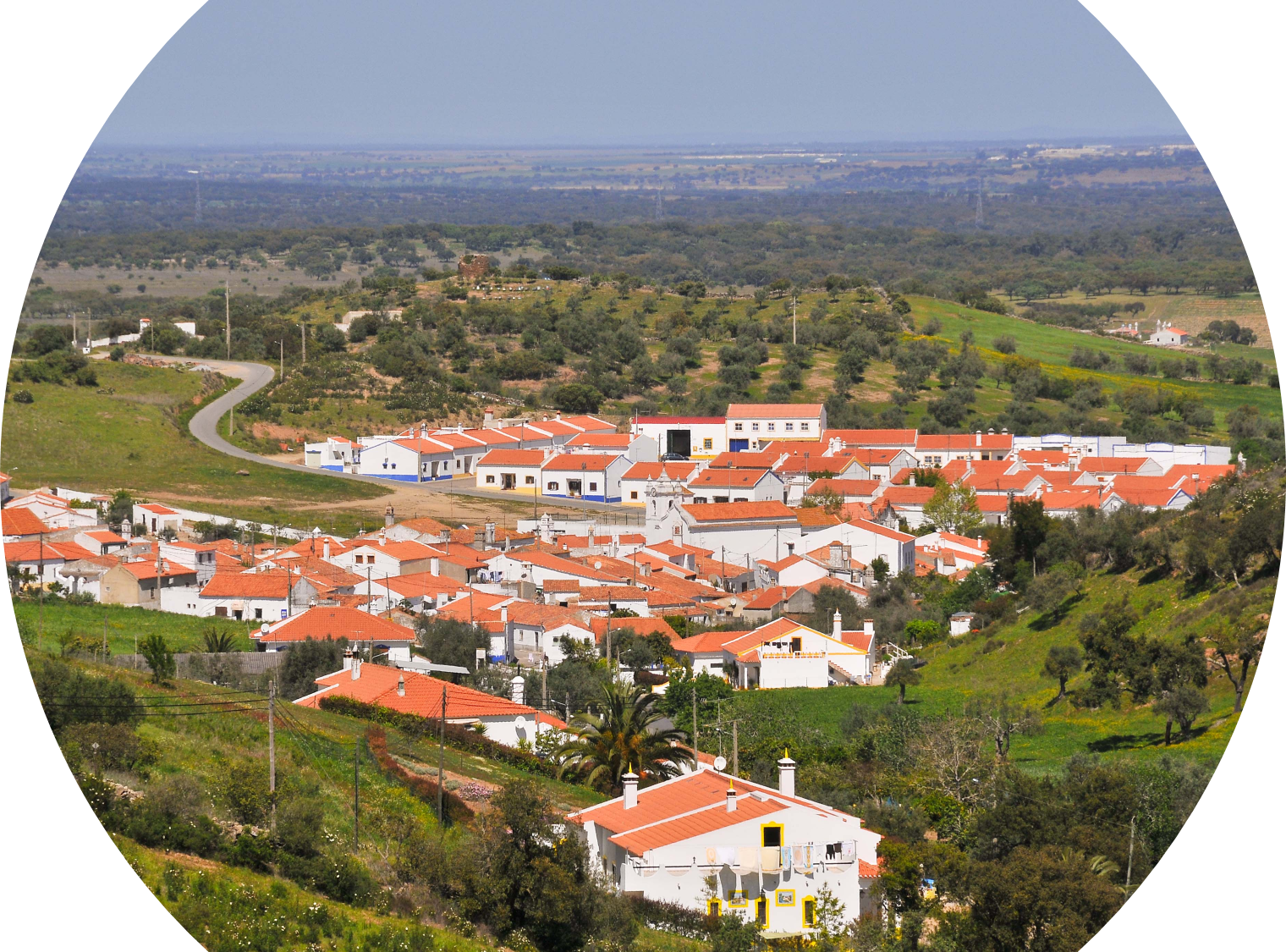Fight against illegal intensive pig farming
Description
Since 1980, and just 1 km away from the village of Vale de Santiago, an illegal intensive pig farm has been growing without any control or accountability. As a result, after four decades, 5,000 m2 of illegal buildings have been built, hundreds of thousands of pigs have been produced without any control, tons of pollutants have been released into the air, soil and groundwater systems, with terrible long-term consequences for the village and its inhabitants.
In 2017, the illegal farm was transferred to a local company called Rações de Santiago Lda. http://racoessantiago.pt/, which began a regularization process under the RERAE (Extraordinary Regime for the Regularization of Economic Activities; Decree-Law No. 165/2014, of November 5). At the same time, and soon after the transfer of the farm, it was expanded even further, to the point where there were more than 5,000 pigs on the farm, including boars, sows and piglets.
Later in 2020, a group of neighbors contacted the managers of Rações de Santiago to express their growing concerns about intensive pig farming in the hope of finding solutions. Five years after the meeting with the managers of Rações de Santiago, and despite the disappointing results so far, the group of neighbors remains fully committed to changing the narrative in rural Alentejo, defending human, animal and environmental rights. In fact, Monte Alegre Association was born precisely from the need for protection against illegal intensive pig farming.
Monte Alegre Association and the neighbors of Vale de Santiago still believe that a change is possible, defending the position that if the farm is finally legalized, it should comply with all relevant legislation and not “à la carte” depending on what Rações de Santiago wants to do or not. The reality is that institutions, from the local level (CMO, CCDR, ARH) to those at the national level, such as the competent Ministries, must make important decisions.
These decisions will determine the type of Alentejo we will have in the near future: polluted soils and water, empty villages, without schools, businesses or people, but full of intensive animal and agricultural farms, mainly focused on the uncontrolled exploitation of natural resources and human beings; or, vibrant villages with children, businesses, entrepreneurs, schools and a population committed to protecting and caring for the environment.









